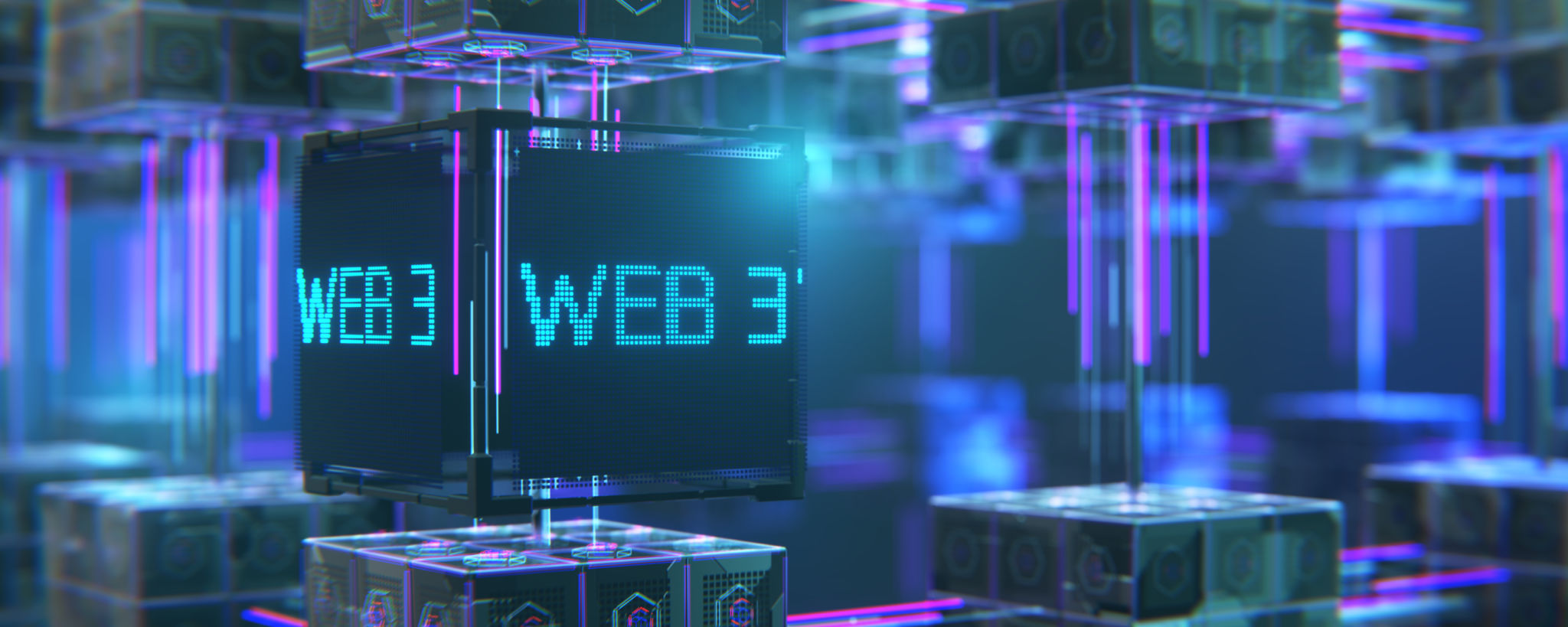Emerging Web3 Tokens: A New Era in the Food Sector
Understanding Web3 Tokens
In recent years, the advent of Web3 technology has been reshaping various sectors, including finance, gaming, and art. Now, this innovation is making its way into the food sector, offering revolutionary ways for consumers and businesses to interact. Web3 tokens, which are typically built on blockchain technology, provide a decentralized platform that enhances transparency and traceability. This can be crucial for industries like food, where supply chain integrity and sustainability are paramount.

The Role of Web3 Tokens in the Food Sector
Web3 tokens can play a significant role in ensuring the authenticity and quality of food products. By leveraging blockchain's immutable ledger, these tokens can track the journey of food from farm to table. This means consumers can verify the origin and quality of their food with just a few clicks, promoting trust and transparency.
Moreover, Web3 tokens enable new business models by facilitating direct transactions between producers and consumers. This can eliminate the need for intermediaries, reducing costs and increasing efficiency. Farmers and small-scale producers can benefit immensely by gaining better access to markets and fair pricing for their goods.

Benefits for Consumers
For consumers, the use of Web3 tokens in the food sector translates into several benefits:
- Transparency: Access to detailed product information helps consumers make informed choices.
- Quality Assurance: With verified data on the blockchain, the risk of counterfeit products is minimized.
- Sustainability: Consumers can support environmentally friendly practices by choosing products with verified sustainable origins.
Challenges and Considerations
Despite the promising potential of Web3 tokens in the food sector, there are challenges to consider. The technology is still relatively new, and widespread adoption requires significant investment in infrastructure and education. Additionally, regulatory frameworks need to evolve to accommodate these innovations and protect consumers from potential risks.
Another consideration is the environmental impact of blockchain technology itself. While it offers solutions for sustainable practices in food production, the energy consumption of certain blockchains can be substantial. Innovations like proof-of-stake consensus mechanisms are being explored to mitigate these concerns.

The Future of Web3 Tokens in Food
The integration of Web3 tokens in the food sector is still in its nascent stages, but the potential is immense. As technology advances and adoption increases, these tokens could facilitate a more transparent, efficient, and equitable food system. Embracing this change requires collaboration between tech innovators, food producers, consumers, and regulators.
The journey towards a Web3-driven food sector promises to unlock new opportunities and address long-standing challenges in the industry. As more companies experiment with these technologies, we may soon witness a transformation that redefines how we perceive and interact with our food.

Conclusion
Web3 tokens represent an exciting frontier for the food sector. By enhancing transparency, reducing costs, and empowering both producers and consumers, they pave the way for a new era of food production and consumption. As we navigate this transformation, it is crucial to address challenges head-on and ensure that these innovations benefit everyone involved.
As we move forward, staying informed and adaptable will be key to harnessing the full potential of Web3 tokens in reshaping the food industry for a more sustainable future.
